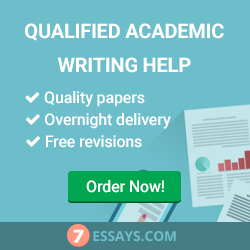A fly and a flea in the flue were imprisoned. Said the fly, 'Let us flee', Said the flea, 'Let us fly', So they flew through a flaw in the flue We wonder whether the weather Will weather the wether, Or whether the weather the wether will kill.love your hills and I love your dales, And I love your flocks a-bleating (Keats) (the sound [1] repeated) O, my love is like a red, red rose, That's newly sprung in June. O, my love is like the melodie, That's sweetly played in tune. (R. Burns) ((r, 1| repeated) Ye whose hearts are fresh and simple, Who have faith in God and Nature, Who believe, that in all ages Every human heart is human. (Longfellow) (fh| repeated) Darkness there, and nothing more. Deep into that darkness peering, long I stood there wondering, fearing, Doubting, dreaming dreams no mortal ever dared to dream before. (Edgar Рое) (|d| repeated) A variant of alliteration is assonance, i.e. repetition of the same or similar vowels only, as in the phrase wear and tear (My shoes show signs of wear and tear, the wear and tear of city life). This device is sometimes found in poetic speech; see the repetition of the vowel [e] in the line Tenderly bury the fair young dead. (M. La Costa) or the repetition of the diphthong [ei] in the lines Tell this soul, with sorrow laden, if within the distant Aiden, I shall clasp a sainted maiden, whom the angels name Lenore — Clasp a rare and radiant maiden, whom the angels name Lenor?(E. Рое) The term "assonance" is also used to denote an imperfect rhyme), when only vowels are rhymed: number — blunder, same — cane.
Aug 8, 2012
PHONETIC EXPRESSIVE MEANS AND DEVICES
PHONETIC EXPRESSIVE MEANS AND DEVICES
Alliteration , Assonance
Alliteration is a device based on repetition of the same or similar sounds at close distance, which makes speech more expressive. It is frequently used in idioms:
blind as a bat; tit for tat ( = an eye for an eye); tit-bit); (It is) neck or nothing; bag and baggage; last but not least; waste not, want not; as good as gold; as green as grass; willy-nilly (volence-nolence); hurly-burly (= noise); to shilly-shally/to dilly-dally (= to waste time without taking action). Note also the use of alliteration in poetry:



